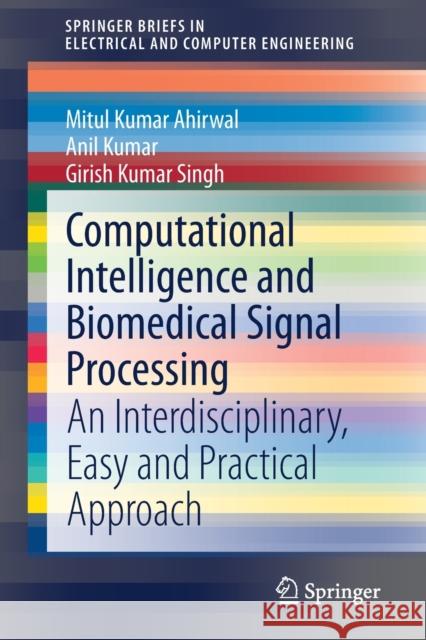Computational Intelligence and Biomedical Signal Processing: An Interdisciplinary, Easy and Practical Approach » książka
topmenu
Computational Intelligence and Biomedical Signal Processing: An Interdisciplinary, Easy and Practical Approach
ISBN-13: 9783030670979 / Angielski / Miękka / 2021 / 152 str.
Computational Intelligence and Biomedical Signal Processing: An Interdisciplinary, Easy and Practical Approach
ISBN-13: 9783030670979 / Angielski / Miękka / 2021 / 152 str.
cena 261,63
(netto: 249,17 VAT: 5%)
Najniższa cena z 30 dni: 250,57
(netto: 249,17 VAT: 5%)
Najniższa cena z 30 dni: 250,57
Termin realizacji zamówienia:
ok. 16-18 dni roboczych.
ok. 16-18 dni roboczych.
Darmowa dostawa!
Kategorie:
Kategorie BISAC:
Wydawca:
Springer
Seria wydawnicza:
Język:
Angielski
ISBN-13:
9783030670979
Rok wydania:
2021
Wydanie:
2021
Numer serii:
000450917
Ilość stron:
152
Waga:
0.26 kg
Wymiary:
23.39 x 15.6 x 0.97
Oprawa:
Miękka
Wolumenów:
01
Dodatkowe informacje:
Wydanie ilustrowane











